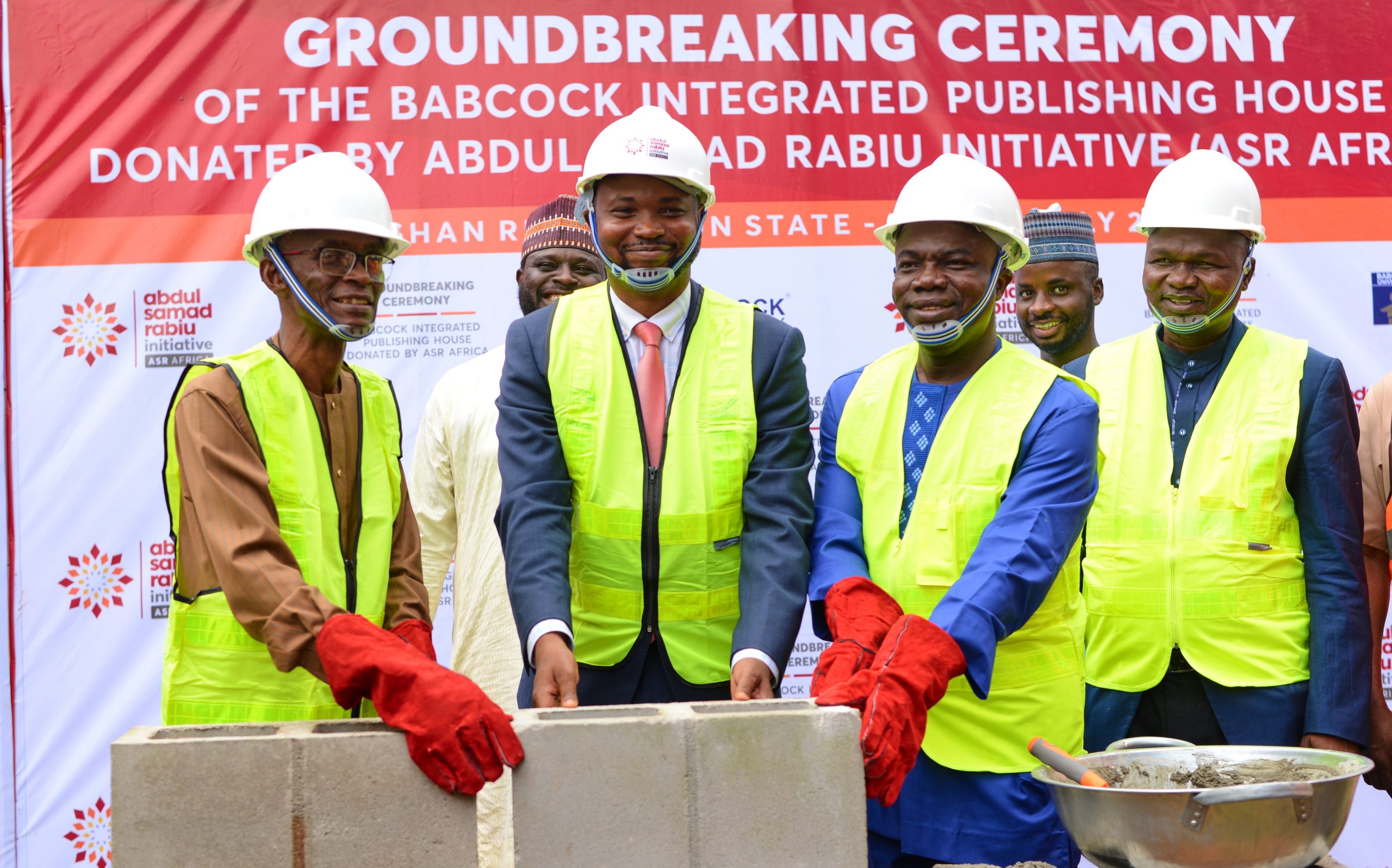*(Investigation) CBN Intervention Funds: Controversy as Keystone Bank Asks Participants to Pay Full Commercial Loan Rate on Performing Intervention Facilities*
*… Banks Indict CBN*
*.. Apex Bank Fail to Respond*
Recall that in 2020 immediately after Covid-19, the apex bank of Nigeria (CBN) swung into action by introducing a special pricing offer on the existing CIFI (Creative Industry Financing Initiative) loans. In addition to this, they injected N100bn into the economy that was disbursed through the Intervention Fund Scheme for Health Sector businesses among others.
The choice of health sector for the intervention was deliberate in 2020 following the realities and the need to strengthen the health sector after the covid-19 incident and the over dependence on imported drugs. The intervention was meant for those that play in the creative space and health sector including other manufacturing sectors and designed by CBN to cushion the impacts of Covid-19 and specifically focused on domestic manufacturing support.
Based on investigation carried out by team of well trained investigative journalists under the Nigeria Guild Of Investigative Journalists (NGIJ), we learnt that businesses in these sectors are meant to enjoy interest rate of 5% at the initial period (one year subject to extension by CBN) and there after which it reverts to 9% for the duration of the facility not exceeding 10yrs in total. Other beneficiaries in the scheme are Fashion/textile, Software Developers, Healthcare Manufacturers, Healthcare Service Providers, Healthcare Value Chain Players, etc.
However, it became a serious matter when a commercial bank, specifically KEYSTONE decided to unilaterally increase the intervention facility rate from 9% to 24% on performing customers without the knowledge or consent of CBN or without regards to the attendant effect on the businesses at this time. , The guild obtained initial information (Keystone letter to several customers dated September 20th and titled “ *NOTICE OF INTEREST RATE REVIEW* ”, which led to the full investigation.
The letter referenced ‘CBN review of ‘Cash Reserve Ratio Policy and other monetary policies’ as a basis for rate change but did not reference any directive or published circular rescinding the policy rate.
During the course of our investigation, we realized that Keystone has already started charging the increased rate by directly deducting interest at its new rate from the customers without consent.
During our investigation, we spoke to the managing director of Keystone bank, Olaniran Olayinka. who confirmed the rate change by the bank but could not provide any support of a CBN directive to that effect. The core of his argument is that the funds belong to the bank.

He noted that CBN never came to their aid when they needed support but instead has increased the cash reserve requirement from 27.5% to 32%.
He further noted that tier one banks did not participate in the intervention, but the small banks did.
A quick investigation showed that the big banks, UBA, FBN, Zenith, Access, Fidelity etc were big participants in the sector specific DCRR intervention program and all currently are adhering to the policy guidelines for such.
Not satisfied with the response, we went further to speak with another bank official who revealed to us that the newly appointed CBN Governor Mr Olayemi Cardoso has announced that the Apex will no longer get involved in any intervention funds, he said . He however did not confirm that CBN is reversing existing intervention rates while they are still performing without default.
According to the new governor of the apex bank, the bank needs to move into a limited advisory role that supports economic growth rather than actively play a prominent role in the financing of these projects. There is nothing in this statement or others we are aware of that indicates that CBN will change, or cancel its existing interventions. If that is the case, then a circular should be issued to that effect but it has not done so. The CBN statement is generally understood to mean more focus on monetary policy and less or away from fiscal policies or interventions that should be left for the relevant agencies and ministries such as Bank of Industry, Bank of Agriculture etc.
He emphasized the need to restore the apex bank’s independence and credibility by refocusing on its core mandate and ensuring a culture of compliance.
The core question which is for CBN to answer is whether a bank can unilaterally change intervention policy rates on existing facilities on non-defaulting customers without recourse to the regulator.
The challenge is a policy consistency challenge that does nothing but erode public and investor confidence.
The silence from CBN has done nothing but exacerbate the challenge or at minimum embolden unscrupulous bankers to the detriment of customers and public confidence.
Our journalist attempted to speak with the central bank director in charge when the Intervention was initiated Mr Yila Yusuf but Yila referred us to another director (Dr Musa) noting that he is no longer in charge and he can’t speak on it .
When we spoke with Dr Musa, he turned us down and referred us to the CBN, Head of Corporate Communications who is incommunicado since about two weeks till now. From the feelers around the CBN confirmed that the Mr Olayemi Cardoso is not interested in running an interventionist economic policy which has manifested in President Bola Ahmed Tinubu-led administration and removal of fuel subsidy.
It is on this note that we are calling on the CBN governor Mr Olayemi Cardoso to come out and clarify to the public and beneficiaries the real situation of things because the companies involved are seriously concerned due to the sudden change in the policy rate.
Some of these participants invested in these entities along with foreign partners that relied on the intervention facilties and employ thousands of Nigeria across all regions.
The biggest challenge to investing in Nigeria is policy inconsistencies. It is hard to reconcile why a bank will reverse a CBN policy rate without recourse to CBN directive which is generally always published.
The challenge with not addressing this is that other banks will take this cue that CBN has approved or authorized the rate change and will follow suit.
Such arbitrariness ultimately leads to lack of investor and public confidence, potential defaults and ultimately lay off of those that were employed when these entities invested.
The Apex bank needs to do something as a matter of urgency to clarify what the policy is on existing intervention facilities for the entire banks and borrowers – it cannot be a cowboy country where there are no rules.
The country, not only investors suffers where there is an appearance of lack of policy consistency.


 Business6 months ago
Business6 months ago
 Business6 months ago
Business6 months ago
 celebrity radar - gossips6 months ago
celebrity radar - gossips6 months ago
 celebrity radar - gossips6 months ago
celebrity radar - gossips6 months ago













